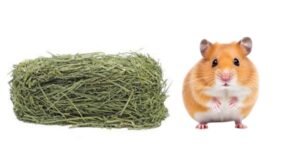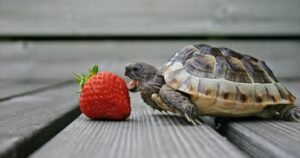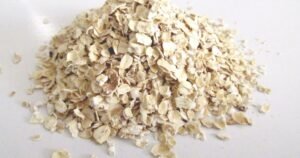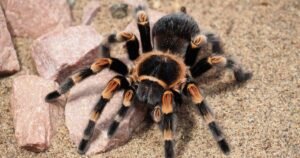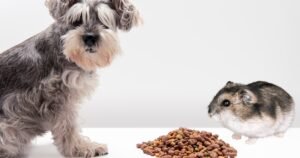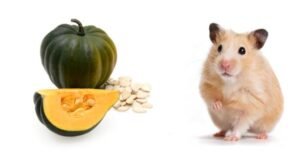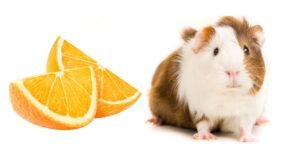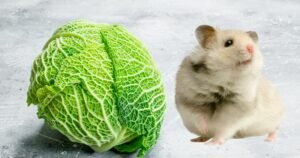How To Care For A Pet Skunk? When kept in captivity, providing skunks with a diverse diet, typically consisting of low-fat dry dog food supplemented with fresh fruits, vegetables, mealworms, and other insects, is advisable. Skunks should be fed a minimum of two times a day, and access to water should be unrestricted, with regular changes made daily.
Caring for a pet skunk is a unique experience that requires understanding and patience. Here’s what you need to know about properly caring for them so your furry friend will remain happy and healthy! The pet skunks need more than just food and shelter. They seek love, interaction, and specific care to keep them happy and healthy. Proper diet, exercise, and a safe environment significantly affect their well-being. Skunks are playful animals and love toys and company.
They are not naturally aggressive but can show signs of discomfort if not treated right. In this guide, we will explore all the basics of skunk care. From feeding to grooming, we will provide simple, easy-to-understand advice that will help you keep your pet skunk healthy, happy, and content. Like other animals, such as cats or dogs, skunks require the right property, living space, exercise, and socialization to thrive.
Simple and Easy Ways to Take Care of a Pet Skunk
How To Care For A Pet Skunk? Caring for a pet skunk is a unique and rewarding endeavor. However, it can also be challenging as these animals have specific needs that differ from conventional pets like dogs or cats. Here are some simple and easy guidelines to help you take care of your pet skunk.
A Healthy Diet
Skunks need a balanced diet to stay healthy. This includes proteins, fruits, and vegetables. It’s best to feed them cooked chicken, turkey, and fresh fruits like apples and bananas.
Avoid feeding them junk or cat food, as these can make them sick. Always have fresh water available for them.
Regular vet check-ups are also essential to ensure their well-being. Remember, a healthy skunk is a happy skunk!

Regular Exercise
Like humans, skunks also need regular exercise to keep fit and healthy.
It would be best if you let them out of their cage to explore and play in a safe area. They love playing with toys, so provide them with plenty.
Climbing structures and tunnels can be great for them. Always supervise your skunk during playtime to prevent them from getting into mischief!
A Safe and Comfortable Habitat
Skunks require a cozy and secure habitat. A quiet room with lots of space to explore and hide is perfect. Their bed should be warm and soft.
Skunks also need a litter box for bathroom use. Be sure to keep their area clean to prevent illnesses. A happy skunk needs a safe, clean, and comfortable home!
Regular Grooming
Skunks need regular grooming, much like cats or dogs. Brushing their fur helps keep it shiny and healthy.
Trim their nails as they can get too long and cause discomfort. Skunks can’t see very well, so check their eyes often.
Bathing them once a month will do, but remember to use pet-safe shampoo. Regular grooming keeps your skunk happy and looking good!
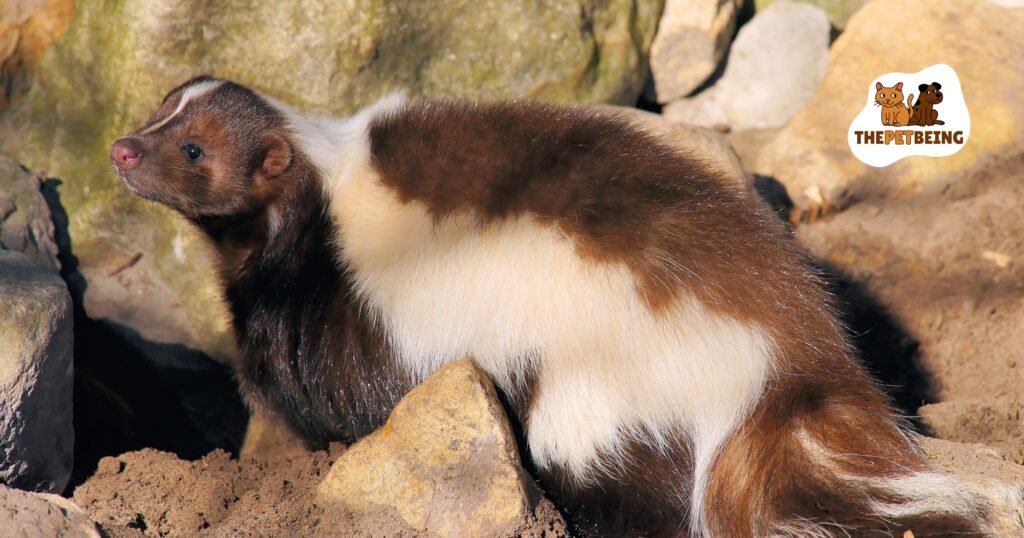
Regular Doctor Check-ups
How To Care For A Pet Skunk? Like our dogs and cats, skunks must also visit the doctor regularly. Check-ups help find any health problems early.
Doctors can give the right shots to keep skunks healthy. They can also help with any worries about your pet skunk.
Remember, doctors are our friends who help us keep our pets happy and healthy! So, remember to plan regular vet visits for your skunk. It’s a must!
Social Interaction
Skunks, like people, need friends. They love to play and interact. Make time to play with your pet skunk.
They love fun games and new toys. Also, they can get along with other pets. Just be careful and watch them.
Always be gentle and kind to your skunk. Let them meet new people, too. It’s good for them. If they have friends, they will be happy.
Remember, a happy skunk is a healthy skunk. But, always watch them when they play with others.
This keeps your skunk safe. So, give your skunk lots of love and playtime. They will love it!
Understanding Their Behavior
Skunks have their unique behavior. They are curious and like to explore. They can be nocturnal, which means they are active at night.
Skunks are gentle and quiet but can spray a strong smell if they get scared. It’s essential to learn about their behavior to understand them better.
Remember, a good owner knows their pet well. This makes the skunk feel safe and loved.
So, spend time with your skunk and learn about them. This will help you take care of them better.
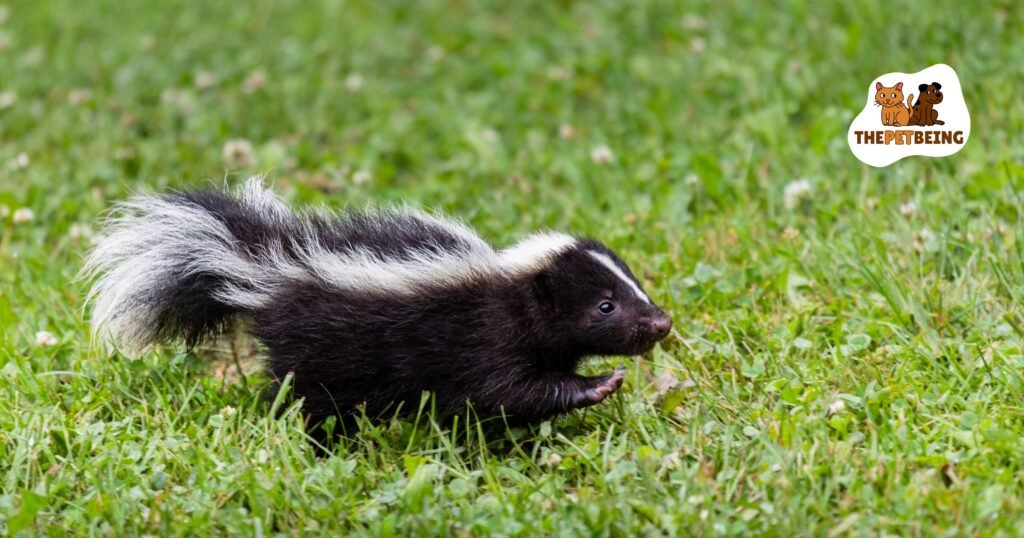
Training and Discipline
Just like dogs, skunks can be trained, too. If they do something good, give them a treat. They will understand and repeat the action.
Try not to scold or punish your skunk. This might scare them, and they might spray. Patience is critical when training your skunk.
Start with simple commands like ‘come,’ ‘sit,’ or ‘stay’. With time and patience, your skunk will learn these commands.
Remember, training helps build a strong bond between you and your skunk. It makes living together more manageable and more fun!
Best Foods for a Pet Skunk
Pet Skunks need a balanced and varied diet to stay healthy and happy. Here are some of the best foods you can provide for your pet skunk.
Fresh Fruits and Vegetables
Fresh fruits and vegetables are essential to a pet skunk’s diet.
- Apples: Skunks enjoy these crunchy treats. Just be sure to remove the seeds, as they can be harmful.
- Bananas: These are a great source of potassium. They’re also soft and easy for skunks to eat.
- Berries: Blueberries, strawberries, and raspberries are all good choices. They’re packed with vitamins and antioxidants.
- Peas and Carrots: These can be served raw or cooked and provide a good serving of vegetables.
- Leafy Greens: Foods like spinach and lettuce are great for skunks. They’re high in fiber and low in calories.
- Sweet Potatoes: These can be served cooked or raw. They’re a great source of vitamin A.
Remember, all fruits and vegetables should be fresh and thoroughly washed. Avoid feeding your skunk any fruit with pits, like cherries or peaches, unless the holes have been removed. A varied diet will help keep your skunk healthy and happy!
Proteins
Proteins are another vital part of a skunk’s diet. They help develop muscle and keep your pet’s fur shiny and healthy. Below are some protein sources that are suitable for your pet skunk:
- Chicken and Turkey: Easily digestible and a great source of lean protein. Always cook these meats thoroughly before feeding them to your skunk.
- Eggs: These are a super source of protein and can be boiled or scrambled. However, avoid feeding them raw eggs.
- Fish: Skunks enjoy small, cooked fish. Make sure to remove all bones for safety.
- Insects: Insects such as mealworms and crickets can be a good source of protein. You can usually find these at your local pet store.
- Legumes: Beans, lentils, and peas are a good source of plant-based protein. These should be cooked and served in small amounts.
Remember, it’s crucial not to overfeed proteins to your skunk as it can lead to obesity and other health issues. Always consult your vet to find the right balance for your pet’s diet.
Grains
Whole grains are an essential part of a pet skunk’s diet. They provide energy and help in digestion. Here are some healthy grain options for your pet skunk:
- Rice: Brown rice is a good option. It’s full of fiber and helps in digestion. Remember to cook the rice before feeding it to your skunk.
- Oats: Oats are great for skunks. They are packed with vitamins and are easy to digest. You can cook oats or give them raw.
- Corn: Skunks love corn. It’s a tasty treat that’s also full of good nutrients. You can give them cooked corn kernels.
- Barley: This grain is healthy and easy for skunks to eat. Cook it well before serving.
- Quinoa: This super grain is rich in protein and fiber. It must be well-cooked before feeding your skunk.
Remember, grains should be a part of a balanced diet. Don’t only feed your skunk grains. Mix it up with fruits, vegetables, and proteins. This will keep your skunk happy and healthy!
Water
Water is essential for your pet skunk. They must have fresh water every day. Just like people, skunks need water to live.
It helps them digest food and keeps their skin and fur healthy. Make sure your skunk always has clean, fresh water in their cage.
Make sure the water dish is whole. If your skunk does not drink enough water, they might get sick.
Remember, clean water keeps your pet happy and healthy. So, always have fresh water ready for your skunk.
Limited Treats
Just like humans, skunks also love treats! However, they should be given in moderation. Too many treats can lead to weight problems and health issues in your pet skunk. Here’s a list of goodies you can give your pet skunk:
- Yogurt Drops: Skunks love the sweet taste of yogurt drops. These treats are small and easy to eat. But remember, they should be given in small amounts because they have sugar.
- Dried Fruits: Dried fruits like raisins, apricots, or dates can be a special treat for your skunk. Permanently remove any pits before feeding.
- Nuts: Nuts like almonds and walnuts are a crunchy treat that skunks love. But they should be given in moderation as they are high in fat.
- Cheese: Small amounts of cheese can be a tasty treat. Always choose low-fat options to prevent weight gain.
- Cooked Pasta: A small serving of cooked pasta can be a nice treat. Ensure it’s plain and not seasoned or sauced.
Just like their regular diet, variety is vital, even in treats. Treats should make up a small part of your skunk’s diet. Offering them sparingly will ensure your pet skunk stays happy healthy and enjoys a long life!
Choosing the Right Skunk
When looking for a pet skunk, you should always adopt from a reputable rescue or breeder.
Carefully research each potential skunk to ensure it’s appropriately socialized and healthy.
Ask questions and take your time in choosing the right pet. Don’t forget to consider if you commit to caring for a pet skunk.
This includes time for daily care, special diets, vet visits, grooming, and more. It’s essential to understand the long-term responsibility of owning a pet skunk before deciding.
Once you have chosen your new furry friend, give them all the love and care they need to be happy.
You can create an incredible bond with your pet skunk with patience and understanding that will last a lifetime!
Conclusion
How To Care For A Pet Skunk? In closing, caring for a pet skunk takes time, patience, and a deep understanding of their needs. A healthy diet is vital, with fruits, vegetables, proteins, and grains making up most of their meals. Providing fresh water daily is crucial for their health and well-being. Though loved by skunks, treatments should be managed carefully to avoid health problems. Understanding that it’s a long-term commitment. Your pet skunk can thrive with love, care, and a suitable environment, providing a unique and rewarding pet ownership experience. Remember, the health and happiness of your pet skunk are in your hands! Skunks are social animals, so giving them plenty of attention and companionship is essential. They will be very happy if you can find a friend for your pet skunk. Socializing with other skunks can help reduce stress and help them adjust better to their environment. It’s also important to set aside time every day to be playful.
FAQs
How hard is it to take care of a skunk?
Caring for a skunk can be challenging. Skunks need a specific diet, lots of love, and regular doctor check-ups to stay healthy. They are active and social, so they need playtime and companionship. Also, skunks can sometimes spray a strong odor when scared, so making them feel safe is essential. But, with patience, understanding, and willingness to learn about their needs, taking care of a skunk can be a rewarding experience.
Do pet skunks still smell?
Yes, pet skunks can still smell. Skunks are known for their ability to spray strong. Many pet skunks have their scent glands removed, but not all do. Even without the glands, skunks can still have a musky odor. Regular bathing and a clean living environment can help manage this smell. But remember, skunks are unique pets, and their smell is a part of who they are.
Can skunks bite you?
Skunks are generally gentle animals, but handling them carefully is essential to avoid unwanted bites. Regular handling from a young age can help a skunk become more comfortable with people and less likely to bite. If a skunk does bite, cleaning the wound and seeking medical attention is essential, as skunks can carry diseases.
What does a skunk eat?
Skunks eat a variety of foods. Their diet includes fruits, vegetables, and grains. They also enjoy proteins like chicken and fish. Skunks need fresh water every day. Treats can be given, but only in small amounts. These include yogurt drops, dried fruits, nuts, low-fat cheese, and cooked pasta. Providing a balanced diet to keep your pet skunk healthy is essential.
How long do pet skunks live?
Pet skunks generally live for about 10 years when properly cared for. Their lifespan depends on various factors, including diet, exercise, and regular doctor check-ups. A balanced diet and plenty of playtime help them stay healthy and active. Regular visits to the vet ensure they are free from diseases. Remember, a happy and healthy skunk is likely to live longer.
Do skunks eat pet food?
Skunks can eat pet food, but it should not be their primary diet. Cat food is often given as it has protein, which is good for skunks. However, a skunk’s diet should mainly consist of fruits, vegetables, and grains with some chicken or fish. Pet food lacks the necessary nutrients found in these foods. Always ensure you’re feeding your skunk a balanced diet for optimal health.


